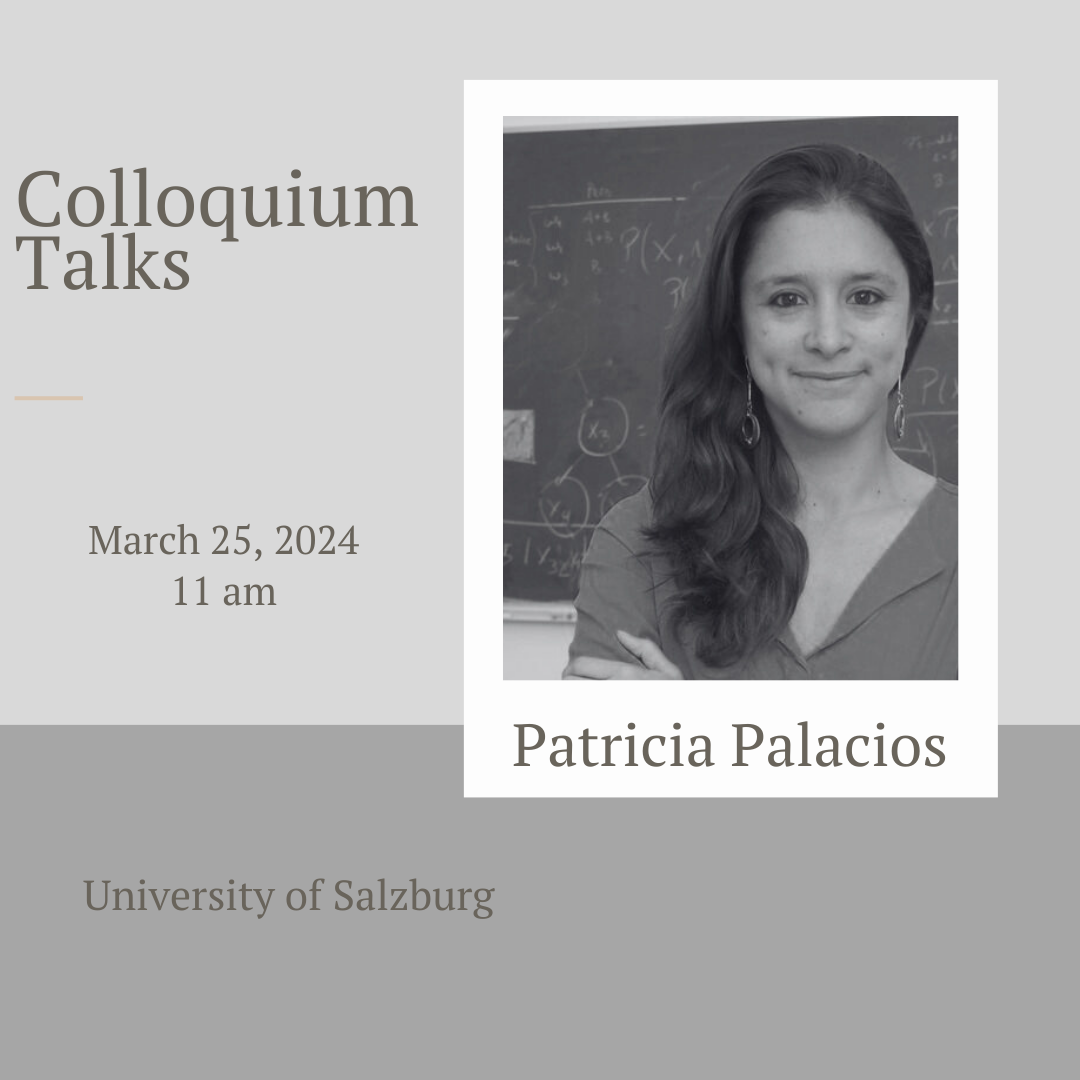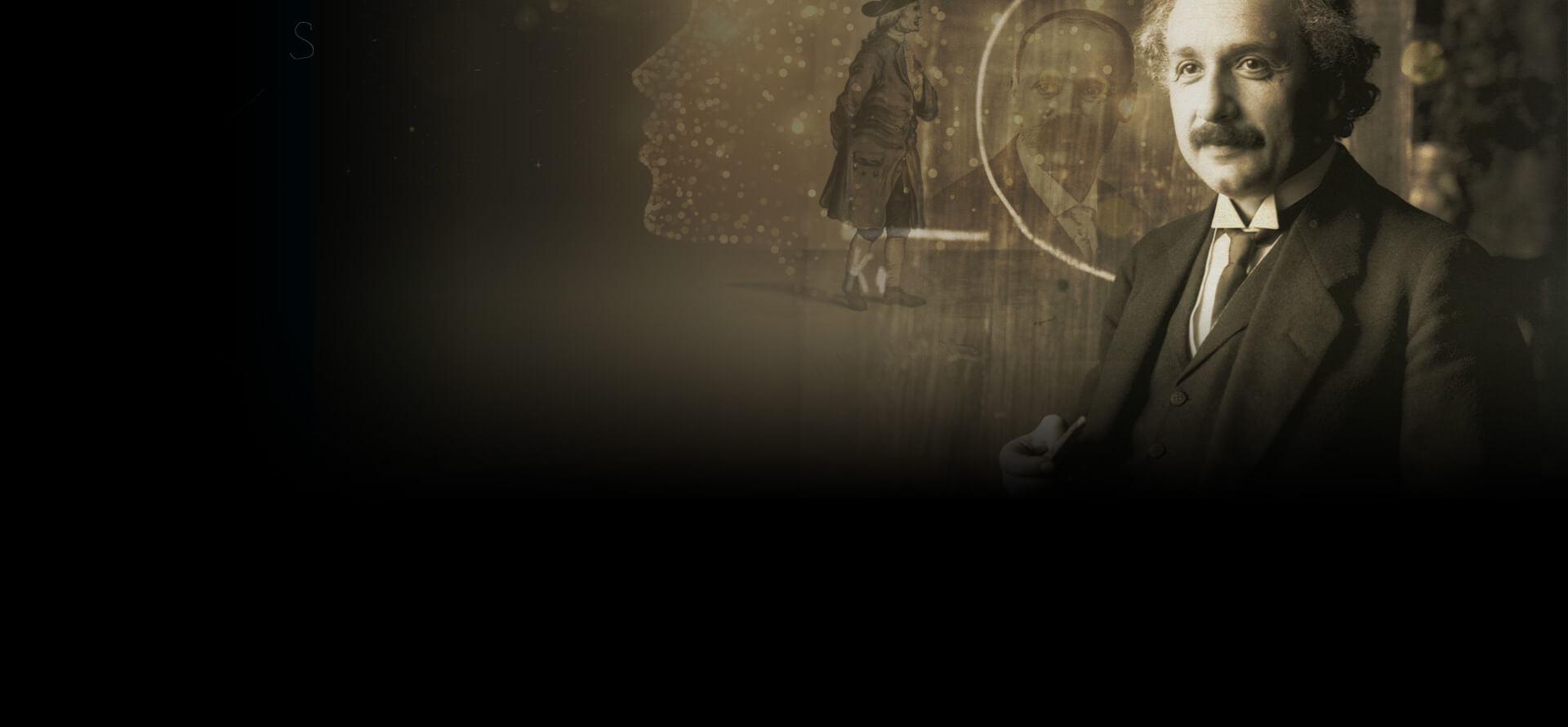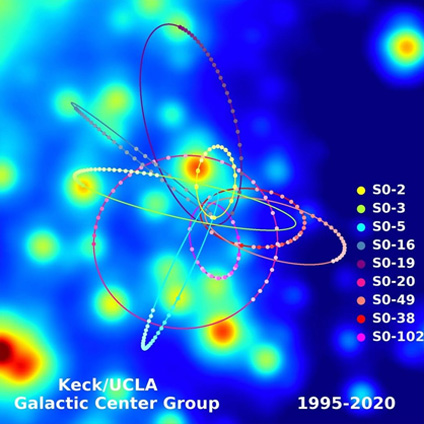BHI Colloquium
Patricia Palacios

Description
Abstract: Scientists investigating the thermal properties of black holes rely heavily on theoretical and non-empirical tools, such as mathematical derivations, analogue experiments and thought experiments. Although the use of mathematical derivations and analogue experiments in the context of black hole physics has recently received a great deal of attention among philosophers of science, the use of thought experiments (TEs) in that context has been almost completely neglected. In this paper, we will start filling this gap by systematically analyzing the epistemic role of the two TEs that gave birth to black hole thermodynamics, namely Wheeler’s demon and Geroch’s engine. We will argue that the two main epistemic functions of these TEs are to reveal and resolve inconsistencies.We will then stress an important difference between the strategies employed to assess the reliability of each epistemic function.
When
Monday, March 25, 2024 11:00 AM - 12:00 PM



